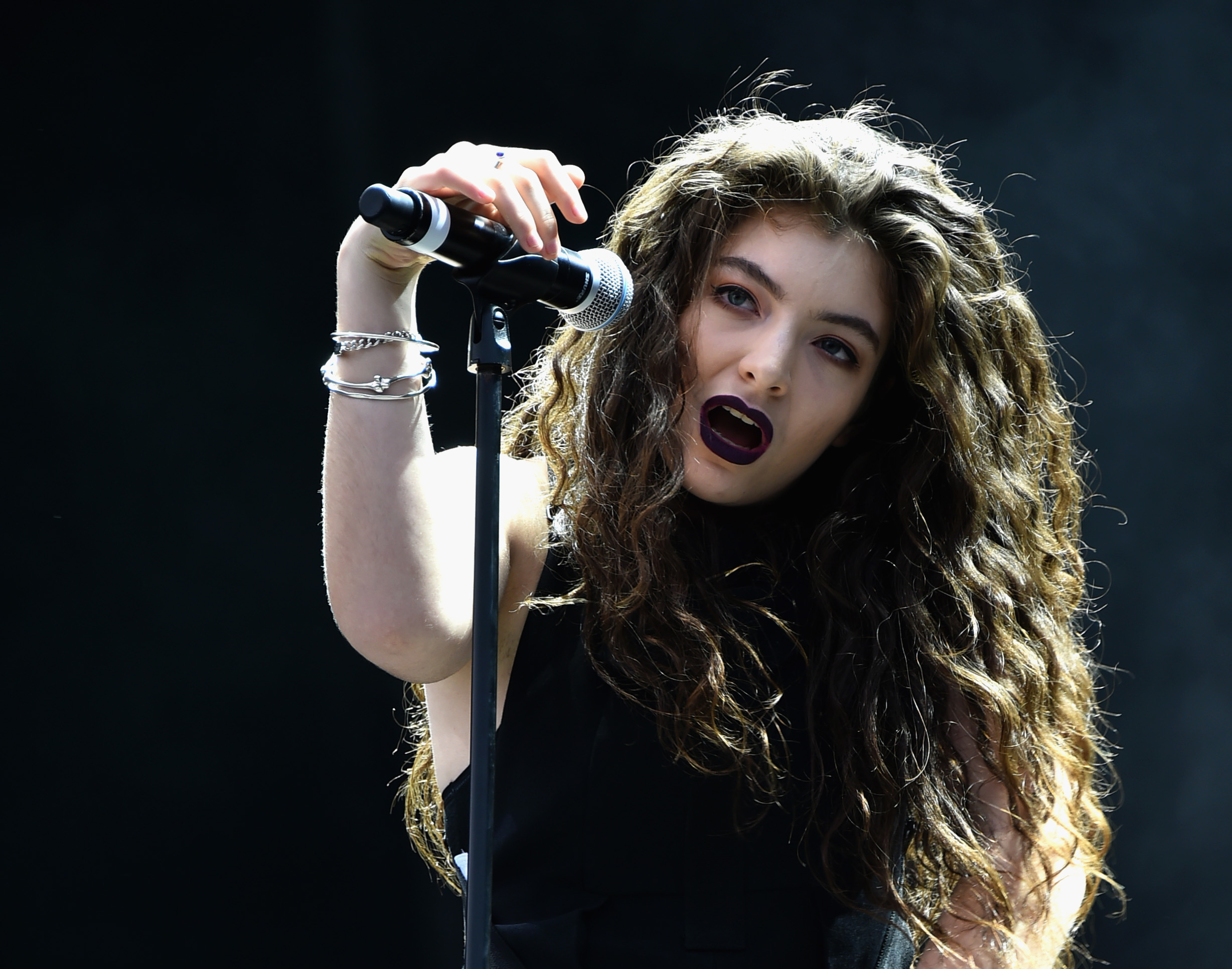“Pure Heroine” Turns 5: Lorde’s Rise to Fame
When Lorde first rose to fame in 2013, no one really knew what to think of her. Here was this awkward 17-year-old girl with wild hair and black lipstick, who dressed in dark colors and danced on stage like she was getting electrocuted. SHE also just happened to get nominated for four Grammy Awards. How did she become so popular?
Although mainstream media sources were quick to capitalize on her eccentricities and at times rather ghoulish appearance, there is no denying now, five years later, that Lorde is and has always been a master songwriter – one able to deconstruct both the highs and lows of humanity with an introspective lens.
“Pure Heroine,” her widely-acclaimed debut which turned five this week, is a testament to this fact. Within the album, Lorde details life as a youth on the cusp of adulthood and unpacks themes of loneliness and companionship, the stagnation of suburban life, and the dangerous fallacies of pop and consumer cultures.
Sonically speaking, “Pure Heroine” takes a relatively minimalistic approach to pop music and fuses it with electronica and hip-hop beats to form a sound that is, for the most part, stripped back and atmospheric – almost dark. The best example of this can be seen in the album’s first and most successful single, “Royals” – the song that earned Lorde two Grammy Awards and a triple platinum certification.
“Royals” – which relies almost entirely on Lorde’s deep croon, the chorus of layered voices that back her up, and snaps – provides a critique of popular culture: “That kind of lux just ain’t for us/We crave a different kind of buzz.” She calls out the hypocrisy in the current state of pop culture and calls instead for authenticity – the “buzz” in question.
While “Royals” provides a sardonic reading of the current state of things, “400 Lux” switches up the tone to something more innocent and intimate. Essentially, “400 Lux,” named after the brightness of a sunset, is about how special the mundane routine of suburban life can be when one carries out this routine with someone they care about.
The complexity and genius of Lorde’s writing comes out in the chorus, where she sings: “I love these roads where the houses don’t change/(And I like you)/Where we can talk like there’s something to say/(And I like you).” Is Lorde harboring feelings for her friend? Is she afraid her feelings are unrequited?
Lyrically, “Ribs” might be the simplest song on the album – but it also, arguably, the most poignant. “Ribs” details a house party Lorde once threw when her parents were out of town but was too anxious to truly enjoy – not out of fear of her parents finding out, but out of fear of growing up and never having fun with her friends again.
Take the second verse, for example: “This dream isn’t feeling sweet /We’re reeling through the midnight streets/And I’ve never felt more alone/It feels so scary, getting old.” Growing up is not as fun as she imagined it would be when she was younger. Now that she is on the edge of adulthood, Lorde is finally understanding that these moments won’t last forever.
And herein lies the reason why this album is still worth writing about five years after its release. “Pure Heroine” is more than the cynicism of “Royals,” and it is more than the respect mainstream media even still refuses to grant Lorde.
“Pure Heroine” is about the universal feelings of loneliness and uncertainty brought on by social anxiety and an increasingly chaotic world. For those who will be graduating this year, these songs may seem all too personal, but keep in mind that as much as Lorde sings about loneliness, she also sings about companionship and how important friends can be. Perhaps the album isn’t as much as a downer as it may initially seem.



